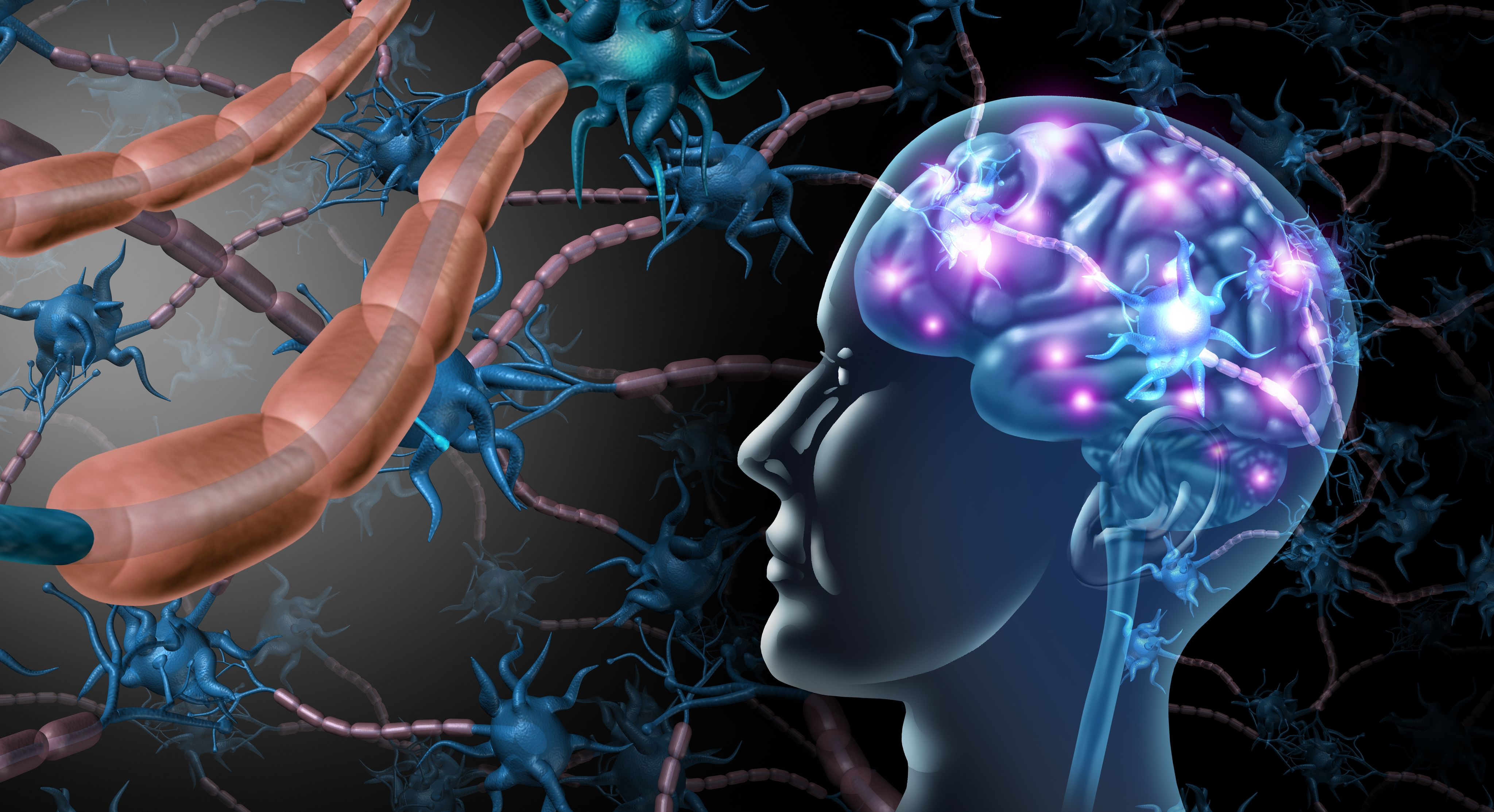Magnetic brain stimulation: a potential new treatment for multiple sclerosis?

Magnetic brain stimulation: a potential new treatment for multiple sclerosis?
A ground-breaking clinical trial assessing the effects of magnetic brain stimulation (MBS) on multiple sclerosis (MS) has welcomed its first participant.
The phase two trial, known as TAURUS.2, has now opened its doors to participants at the University of Tasmania’s Menzies Institute for Medical Research, and will soon be rolled out across six sites nationally. It follows on from a phase one trial which found that MBS was safe and has significant potential to sustain brain insulation in MS.
Meg Denham, who lives with secondary progressive MS, participated in the phase one trial.
"Over the years I've used many treatments for my MS including injectables, oral treatments and infusions. But despite them all my MS is getting a little bit worse all the time. When I heard about the TAURUS project I was excited and really wanted to be involved.
I believe it's important to participate in clinical trials because this is how a great idea can move out of the laboratory and become a new treatment to make the lives of people with MS so much better," Ms Denham says.
Professor Kaylene Young, lead neuroscientist, says “for MBS we place a magnetic coil over the head. The coil can non-invasively activate nerve cells in the brain to subtly change their activity. MBS is already used to treat depression, but we are delivering MBS in a different way that we think will protect brain insulation in people with MS.”
Many MS symptoms directly or indirectly result from the death of brain cells called oligodendrocytes. Oligodendrocytes protect nerve cells by producing an insulating substance called myelin and providing metabolic support. The death of oligodendrocytes leads to the loss of myelin (demyelination), formation of brain lesions and increasing disability.
There is no treatment that addresses this issue, however in laboratory studies of mice, four weeks of MBS increased the number of new oligodendrocytes producing myelin.
Professor Bruce Taylor, neurologist and principal investigator, says “TAURUS, our phase one clinical trial, delivered MBS to 14 people with MS for four weeks and showed that the stimulation is safe. In TAURUS.2 we will measure the effect of MBS on MS symptoms including upper and lower limb function, cognition, fatigue, anxiety, depression, sleep and quality of life.”
“TAURUS.2 will also use advanced brain imaging techniques such as MRI to assess whether MBS effectively increases brain myelin levels in people with MS. We will continue to assess the safety of this treatment as well,” Professor Taylor says.
Over 100 people with MS are being recruited for this trial which will be conducted at sites in northern Tasmania, Victoria, NSW, WA and Queensland in addition to the Menzies Institute for Medical Research in Hobart.
Notes:
- TAURUS is the acronym for MagneTic brAin stimUlation foR people with mUltiple Sclerosis
- For more details about this clinical trial, including what’s involved for participants, visit mstrials.org.au/taurus2
- Funding for TAURUS.2 has been received from the Australian government (Medical Research Future Fund and Emerging Priorities Consumer Driven Research), the Irene Phelps Charitable Trust, the National Health and Medical Research Council and Multiple Sclerosis Australia.
- MS is a chronic disease that attacks the central nervous system. There are more than 25,000 people living with MS in Australia, and this number is increasing.